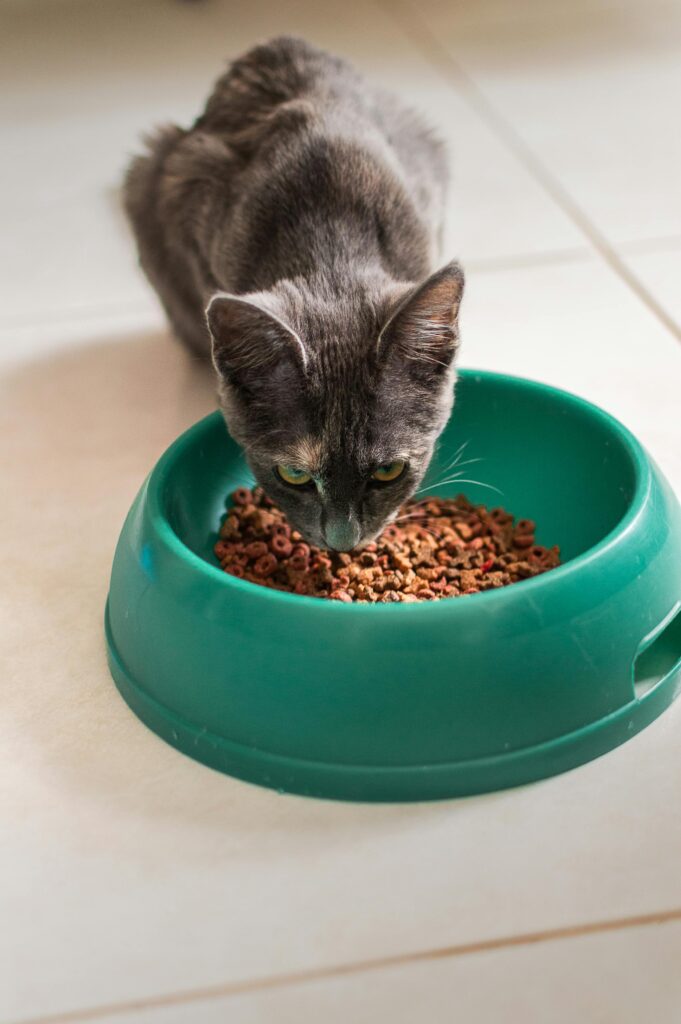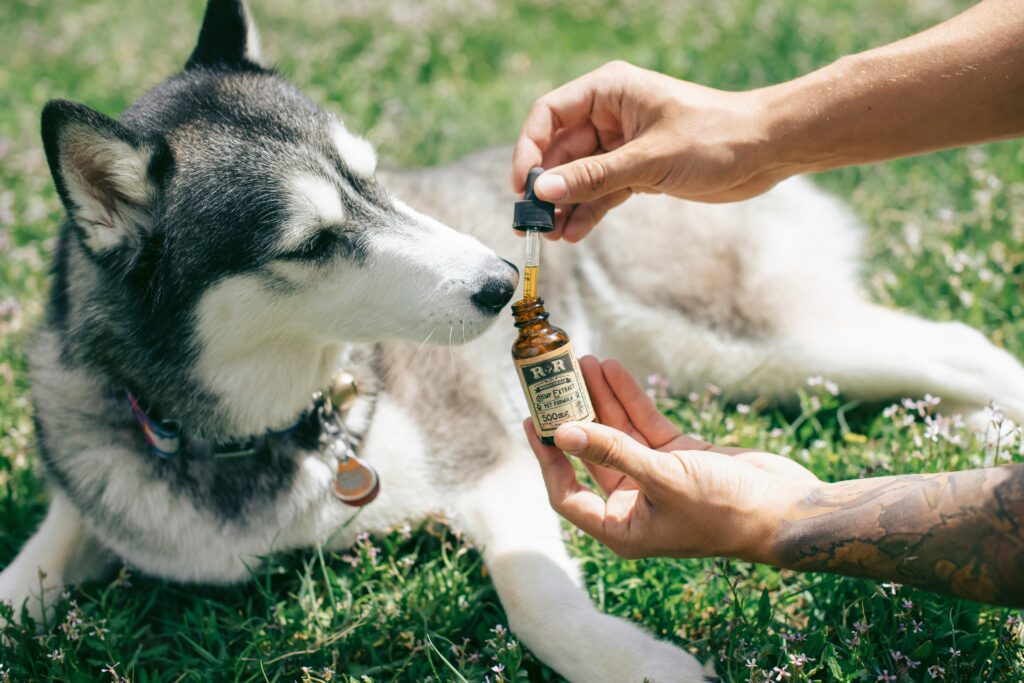Just like humans, pets thrive on balanced nutrition. Whether you have a dog, cat, or another furry companion, crafting a well-thought-out nutrition plan tailored to their needs is key to keeping them happy and healthy. Here’s how to build the perfect nutrition plan for your pet.
Start With Your Pet’s Life Stage

Your pet’s nutritional needs change throughout their life. Puppies and kittens require food that supports their rapid growth, while adult pets need a diet that maintains their weight and health. Seniors may need adjustments for joint support or reduced calorie intake to prevent obesity. Start by identifying which life stage your pet is in and choose food formulas designed specifically for that stage.
For example, puppy food is typically higher in protein and fat to support growth, while senior pet food may contain added nutrients for joint and digestive health.
Factor in Size and Breed
For dogs, size and breed play a significant role in determining the right nutrition. Small breeds often have higher metabolic rates and need calorie-dense food, while large breeds are prone to joint issues and may require food that promotes healthy bones and joints. Cats may have fewer breed-specific nutritional needs, but indoor vs. outdoor cats may require different dietary considerations due to activity levels.
Make sure to choose pet food that accounts for your pet’s breed, size, and specific health needs. Large dogs, for instance, may benefit from glucosamine and chondroitin in their diet, while small dogs may need smaller kibble sizes for easier digestion.
Understand Nutritional Labels
Reading pet food labels is crucial to understanding what you’re feeding your pet. Look for labels that list meat as the first ingredient and avoid foods that have too many fillers like corn or soy. Protein is a key component in pet nutrition, but the source of that protein matters—high-quality animal proteins should be the primary source, as opposed to plant-based proteins.
Make sure the food meets the standards of organizations like the Association of American Feed Control Officials (AAFCO), which ensures that the food is nutritionally complete and balanced for the specific life stage of your pet.
Consider Special Dietary Needs

Some pets have specific dietary needs based on their health. Dogs with allergies may need a limited-ingredient or hypoallergenic diet, while cats prone to urinary issues may benefit from a diet low in magnesium. If your pet has a chronic condition, such as diabetes or kidney disease, consult your vet to find the best prescription diet or food formula designed to manage their condition.
Pets with sensitive stomachs may need a grain-free or low-fat diet, while overweight pets should be placed on a weight management plan that limits calories but still provides essential nutrients.
Balance Wet and Dry Food
Many pet owners wonder whether they should feed their pets dry food, wet food, or a mix of both. Dry food (kibble) is convenient, promotes dental health, and is typically more affordable. Wet food, on the other hand, is higher in moisture content, which is especially beneficial for cats prone to urinary issues or for dogs that need extra hydration.
You can offer a mix of both to get the best of both worlds, ensuring your pet receives the hydration benefits of wet food while also promoting good dental health through dry food.
Add Variety and Supplements (When Needed)

While you should stick to a consistent diet to avoid digestive upset, adding occasional variety with pet-safe fruits, vegetables, or treats can make mealtime more exciting for your pet. Just be sure any new additions are safe for pets—avoid toxic foods like grapes, onions, and chocolate.
In some cases, your pet may benefit from supplements like fish oil for skin and coat health, probiotics for digestion, or joint supplements for older pets. Always consult your vet before adding any supplements to ensure they’re safe and necessary for your pet’s specific health needs.
Monitor and Adjust
No pet nutrition plan is set in stone. Your pet’s needs will change over time due to age, health conditions, or activity levels. Regular check-ups with your vet are important for assessing your pet’s health and determining if any adjustments need to be made to their diet. Monitoring their weight, coat condition, and energy levels can also help you determine if the current diet is working or needs a tweak.
Creating the perfect pet nutrition plan takes a bit of research and care, but it’s well worth it to see your furry friend thrive. By considering their life stage, size, and any specific health needs, and keeping an eye on their overall well-being, you’ll be giving your pet the best possible chance for a healthy, happy life.


